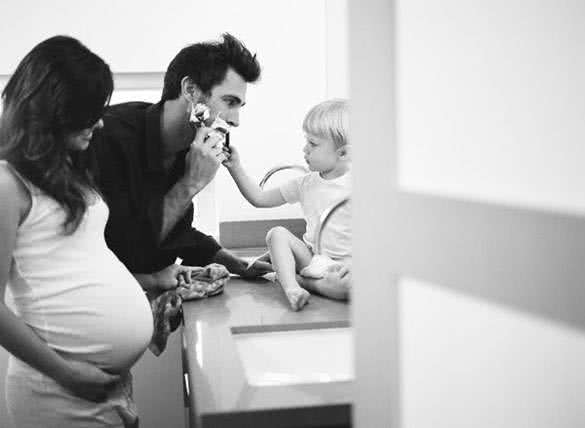Ever get the sense that your family or friends are pressuring you to either get married or have children? There’s no denying the pressure many women and men face to get married and have kids, especially when they hit their late 20s and early 30s. After having numerous conversations with different people, it’s seems as though females get pressured more than their male counterparts. It’s like your biological clock isn’t determined by genetics as much as it is your parent’s want for grand kids. Let’s take myself for example, I remember the good ole days when my parents didn’t even want me dating until I graduated college and when I did graduate, I was hit with “when are you going to find someone, marry them, and have kids”. I was thinking to myself what happened to finding a job first and falling in love? I guess that’s only in movies.
This post discusses the pressure to get married or have kids based on the biological reasons and what society or your parents tell you. Let’s take a moment to explore this topic and figure out why is there pressure.
Let’s aim to look at it from a biological point of view to try and make sense of all this. It sounds as though one of the key reasons women gets pressure to marry and have kids once they reach their late 20s is the infamous “biological clock”. Now I’m sure most of you have heard of this “scary” term and it puts added pressure to conceive believe it or not. For those who do not know what a “biological clock” is, it’s simply often used to refer to “the increased maternal instincts of (particularly) women as they get older”. In other words: the older you get doctors believe there are potential medical effects that may occur if waiting too long to have kids. Now fellas, we aren’t off the hook, we also have our own biological clock. The biological clock may no longer be ticking on just the woman’s side of the bed. If current research is correct, a man’s baby-making alarm may start to ring not too long after a woman’s chimes its final warning toll around age 40. But should that implicate that we should hurry up and get married and have kids? My answer is NO! My research suggests this clock slows down way into our late 30s early 40s, so there is a lot of time.
And now from a psychological perspective. What’s the psychological reason behind it? Is it cultural? I read an interesting article that discusses cultural backgrounds plays a major role. For example, it is believe that in the Caribbean culture getting married and having kids is heavily influenced because of the strong knit family ties. But I’m curious to know who decided that we had to time warp ourselves back to the 1940s and 50s to a generation when getting married straight out of high school and college was the norm? What about religion, does that have something to do with it? The bible tells us to procreate and marry someone but nowhere does it say we should do it as we turn 25. The difficulty with that is what if we don’t ever fall in love or that someone who we are in love with doesn’t want to have kids or marry? Should we force ourselves to submit in order to satisfy society or our parents? My answer to this I s NO. As humans it is a natural instinct to learn from our mistakes or from others. Life teaches us to make the right decisions that would not hurt us in the end. Having a child or marrying the wrong person will come back to haunt you so it only make sense that you take your time choosing the right individual.
For those who know me, I’m known to be a positive person most times and if I’m not married in the next five years, my life will continue to be just fine. I realize that I am in absolutely no rush whatsoever to get married or have kids; it is a goal of mines to one day have a nice wedding and a family but instead of forcing it I rather let it happen naturally with the love of my life. With that being said, take the time to seek out a partner for the rest of your life. Don’t rush. There’s no reason to be phased by your age, and your birthday each year should not be met with dread if you are not married or having a baby.




























